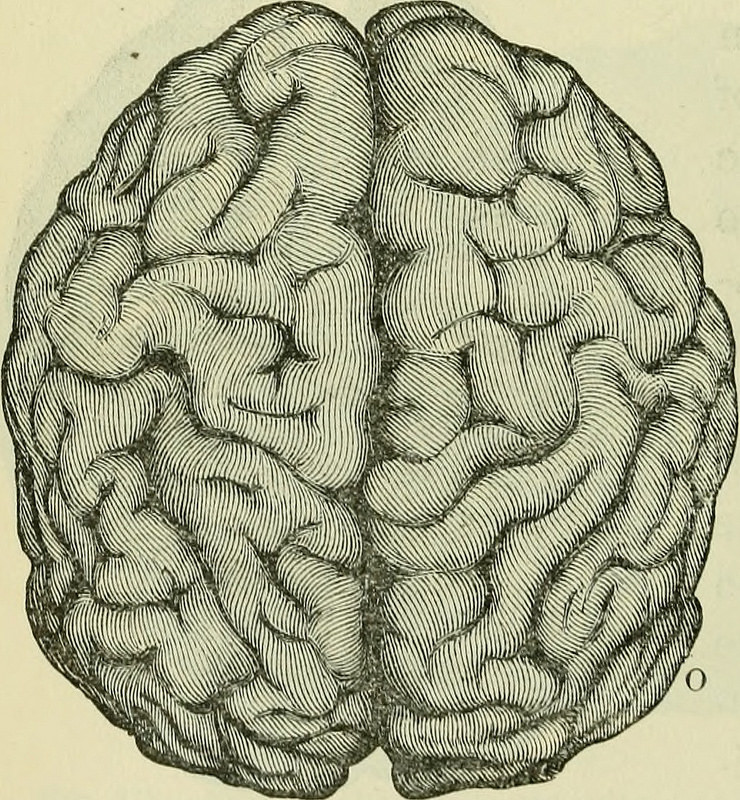Brain health has come to the forefront of the news in the last decade. Major progress has
occurred in what we know about the brain. We know that maintaining fuel delivery, battling
chronic inflammation and maximizing proper activation can help manage and possible prevent
many of the neurobehavioral and neurodegenerative disorders. Brain research pioneer Daniel
Amen wrote “Close to 75 percent of our health-care dollars are spent on chronic preventable
illnesses, including Alzheimers’s disease, depression, ADD/ADHD, diabetes, and prediabetes,
and obesity.”
All of the brain is important. Perhaps the most important part is the frontal lobe. Think of the
frontal lobe as the boss of the brain. Almost everything we see and hear is fed forward to the
frontal lobe for processing. When the boss of the brain is weak, our overall function suffers. We
are seeing this in the young population as well as the senior population. We have seen a 40
percent increase in ADD in school aged kids in the past decade. We have seen Alzheimer’s
disease affect 50 percent of those 85 and older.
Our quality of life can be determined by the function of our frontal lobe. It is responsible for
processing many of the functions of our brain. It is also responsible for filtering the deeper
limbic/caveman part of the brain. Filtering of this deeper limbic lobe is important. When we
have a weak frontal lobe we are more likely to have difficulty focusing, poor emotional control,
learning problems, cognition problems, memory issues, apathy, impulsivity, organizational
issues and more difficulty dealing with new situations.
Frontal lobe rehab is possible. We help people with this on a daily basis. In fact, we have
helped people for a decade with frontal lobe rehabilitation. Neurofeedback (a computerized
workout for the brain) and brain strengthening exercises (custom to the needs of the patient)
often work wonders on the frontal lobe. Strengthening the boss of the brain helps improve
overall function and maximizes the potential of the individual.
If we can help in any way, feel free to contact us at The Martin Clinic. A brain map and
neurological evaluation can tell us if we can help. We are located in Duluth, Georgia (across
from The Infinite Energy Arena). Our office telephone number is 770.237.3970 and our email is
info@themartinclinic.com. We offer non-drug help for neurobehavioral and neurodegenerative
disorders.
Photo credit: Internet Archive Book Images via Visual Hunt / No known copyright restrictions

